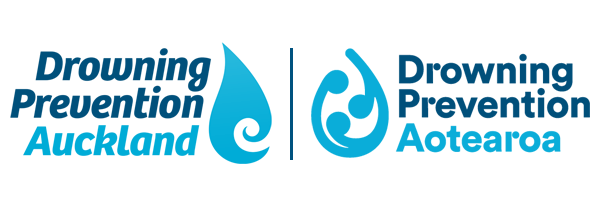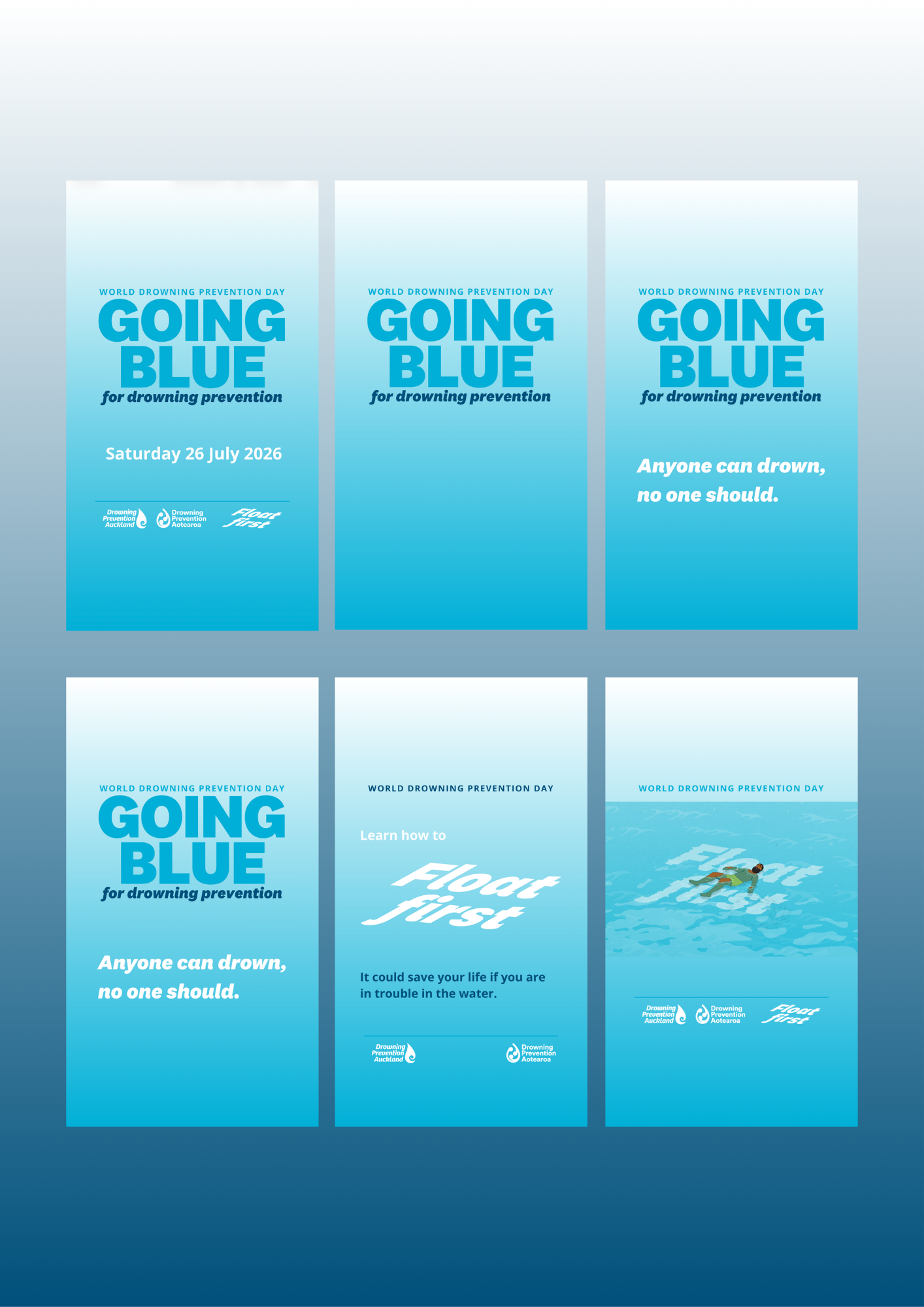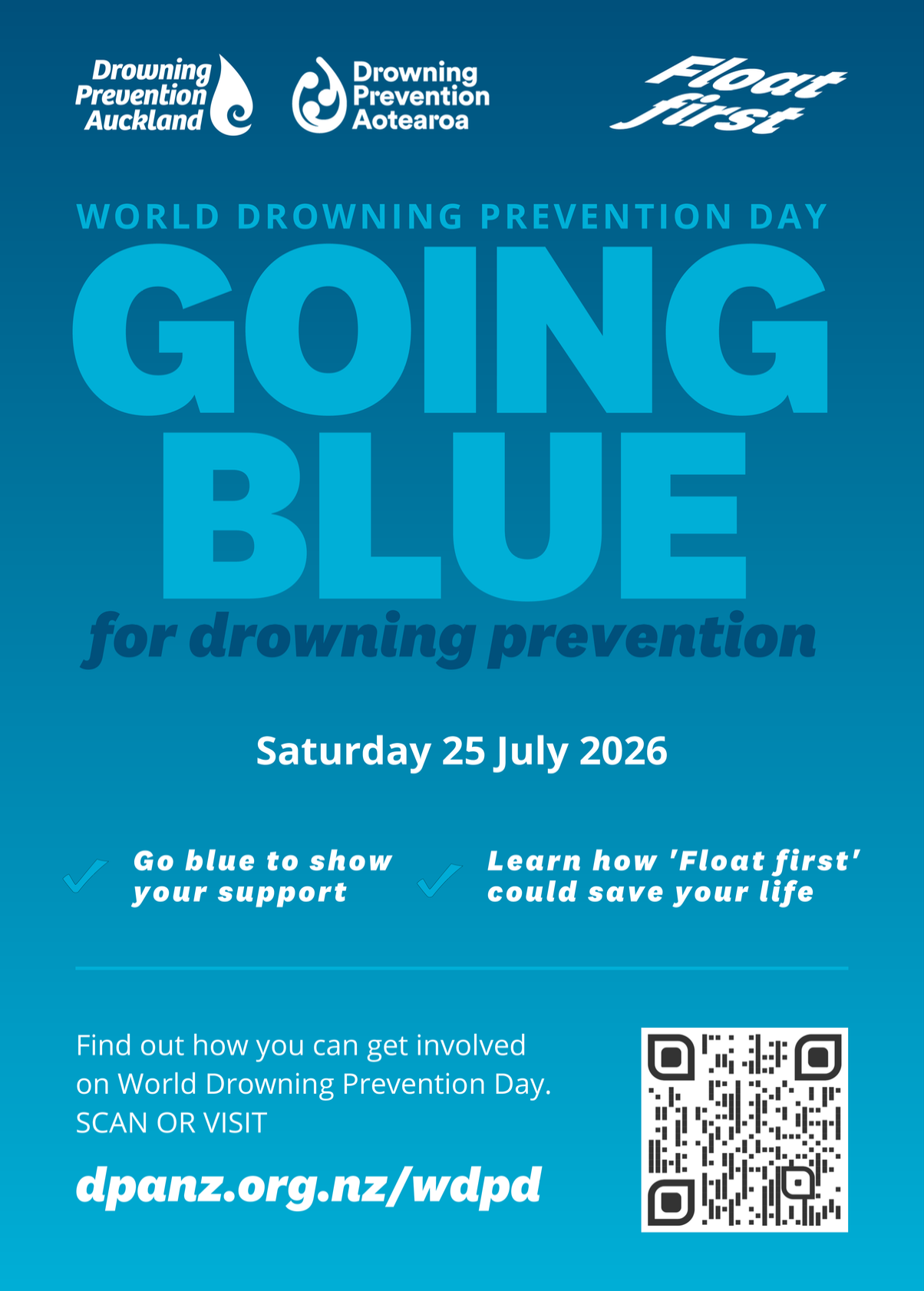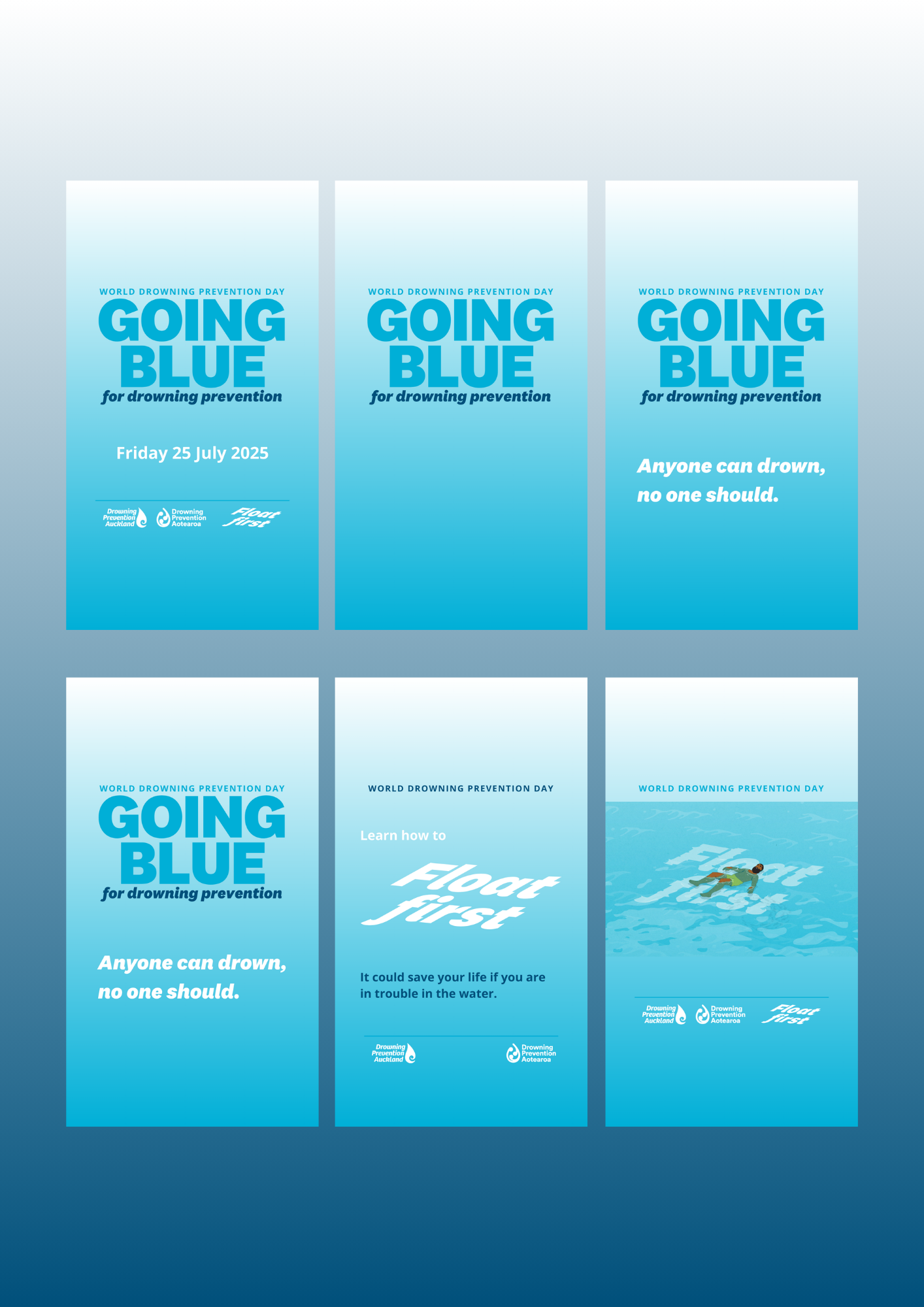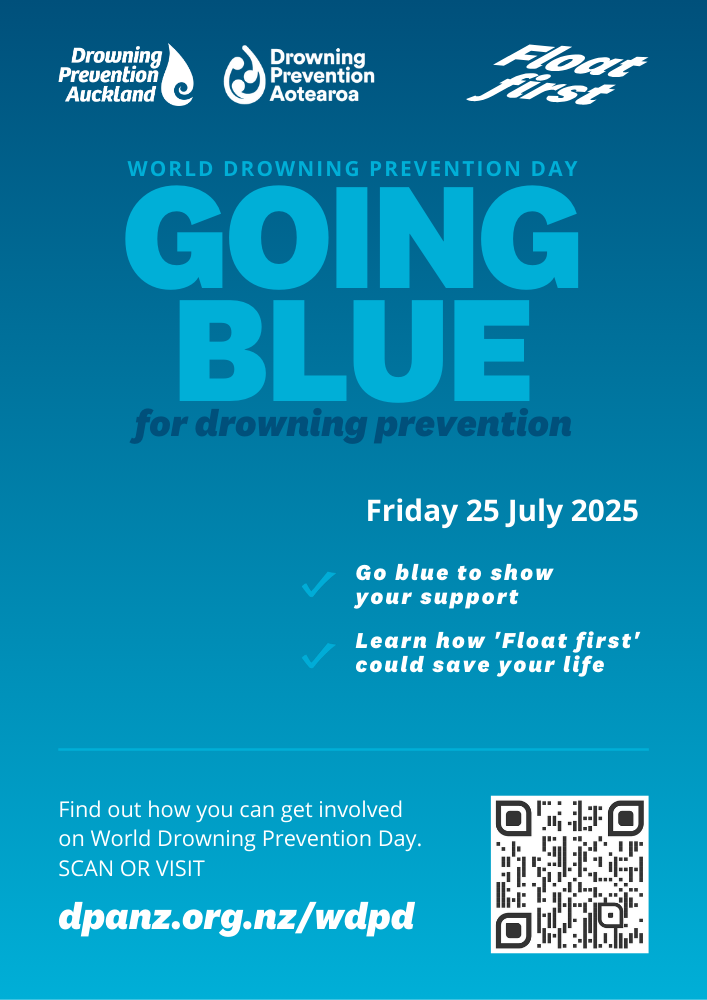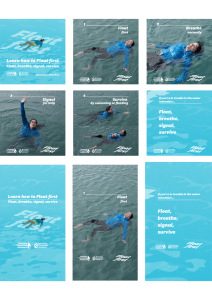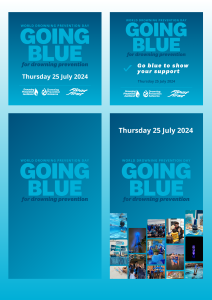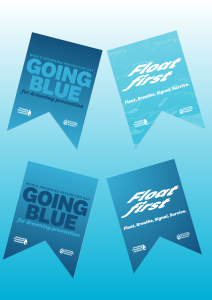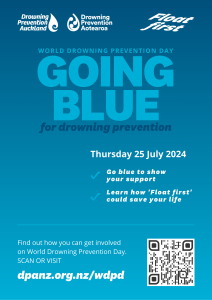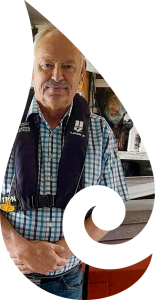Joseph and Dad JonJoseph’s reply made Jon’s heart drop. "I'm trying Daddy, I can't. I can't." A rip lifted Joseph up and started quickly taking him away from the beach. “With little warning it goes from being…everything seems to be under control to everything's...

World first lifejacket initiative
Lifejackets accessible at high-risk location in world first initiative
At the end of November, Drowning Prevention Auckland (DPA) installed a remote Lifejacket Station at Te Henga Bethells Beach in partnership with local iwi Te Kawerau ā Maki.
In this global first of its kind initiative DPA worked closely with mana whenua to make lifejackets available to anyone enjoying water-related activities at Te Henga Bethells, particularly those fishing from the rocks.
“Collaborating with Te Kawerau ā Maki has been fantastic. By working within their mātaraunga, respecting the environment and learning about the historical significance of this land, we’ve enabled easy access to lifejackets, which will directly save the lives of rock-based fishers. This pilot project is a special way to support Te Kawerau ā Maki in their guardianship of the people and the land.” Ants Lowe, DPA.
The lifejackets are situated on iwi land in a location that is easily accessible to the rocks and are stored in a unit that was designed to blend in with the landscape it sits within. The pilot station was installed with thought to there being no long-term negative impact on the environment, and the colour palette was carefully considered to co-exist with the surroundings. The artwork on the station includes designs from local iwi Te Kawerau ā Maki and simple graphic instructions showing how to use the station.
“Te Kawerau ā Maki support this kaupapa as part of our enduring responsibility to protect our people, our manuhiri, and our whenua. Te Henga is of deep cultural significance to our iwi and is where we will rebuild our marae and return our people home, so partnering with DPA to establish this initiative in our heartland was a natural fit. This lifejacket station reflects our shared commitment to protecting lives and ensuring everyone can return safely to their whānau, and it strengthens our ability to support those who fish, gather, or enjoy the moana here in a way that upholds our role as kaitiaki of this rohe”. Ashleigh McDonald, Te Kawarau ā Maki.
The borrow, wear, and return system allows easy access to good quality, fit for purpose lifejackets that people can use at no charge while fishing from the rocks or participating in any activity where they are at risk of falling in the water.
The station at Te Henga is a pilot aimed at saving lives and if successful, DPA would like to see these as commonplace in high risk environments. 20 years of research has shown this location and others like it have a high risk of death by drowning for fishers. The wearing of lifejackets, along with education in safer fishing practices, decreases the risk of further fatalities.
For tips on safer rock-based fishing and more useful resources visit this link.
Click to complete our free online learning module.
Other news
Knowing how to Float first saved Joseph’s life
Activating water safety in the community
Over the past month, Drowning Prevention Auckland has actively promoted water safety education to people of all ages and experiences across a variety of settings. Highlights include the Wai Wise workshop for Asian and Pasifika communities, lifeguard training at Mt...
School adds water safety into outdoor education
Education Outside the Classroom (EOTC) provides the perfect opportunity for students to develop aquatic competencies. Bringing learning to life and finding out first-hand how to stay safer in, on and around the water. Drowning Prevention Auckland (DPA) works with...
World first lifejacket initiative
Lifejackets accessible at high-risk location in world first initiativeAt the end of November, Drowning Prevention Auckland (DPA) installed a remote Lifejacket Station at Te Henga Bethells Beach in partnership with local iwi Te Kawerau ā Maki. In this global first of...
Summer pool safety
Take five minutes today - it might save a life tomorrowSummer’s here and that means long days, warm nights, and plenty of time in the pool. But, each summer, New Zealand families are devastated by preventable drownings in home pools. In Aotearoa New Zealand, an...
No two days the same for Aquatic Educator
No two days the same: A month in the life of an Aquatic EducatorWhen people think about water safety education, they often picture someone standing poolside, teaching basic swimming and survival skills. For Aquatic Educator Danika Ryland-Higgins, it looks very...
